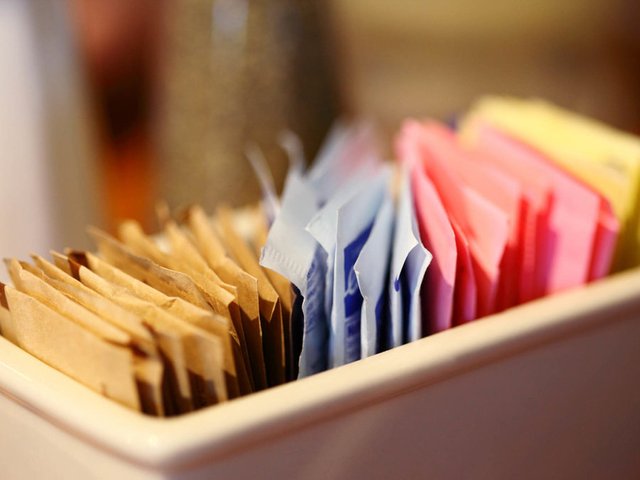
Small Quiz: Out of these 4 pictures what would you call as Artificial Sweeteners?
Answer C and D
Yes, artificial Sweeteners are those substances that do not have glucose, fructose or sucrose in it. Therefore they are called Artificial
Now time for second question IF the are artificial how do they work?
a. Any other compound than Sucrose that is sweet
b. Its Sucrose but without harmful diabetes causing chemicals
c. It’s a compound that provides sweet sensation to the taste buds and does not contain sucrose
d. It is created in the laboratory and not available naturally
Answer: C – Yes, these are alternatives to Sucrose but much much sweeter than Sucrose and provides sweet sensation to taste buds.
Sweeteners can be Organic, Synthetic or Inorganic Compounds
The table sugar available in every household contains a sweet tasting chemical called Sucrose and also primarily associated with Diabetes It is not necessary that only Sugar (or Sucrose) is sweet, there are many organic, synthetic and inorganic compounds that taste sweet but are not sucrose. They are mostly derivatives of glycosides but are ~100 times sweeter than sucrose, and hence are required in very small quantity to tinkle with our taste buds.
Distribution of sweet taste buds in our tongue

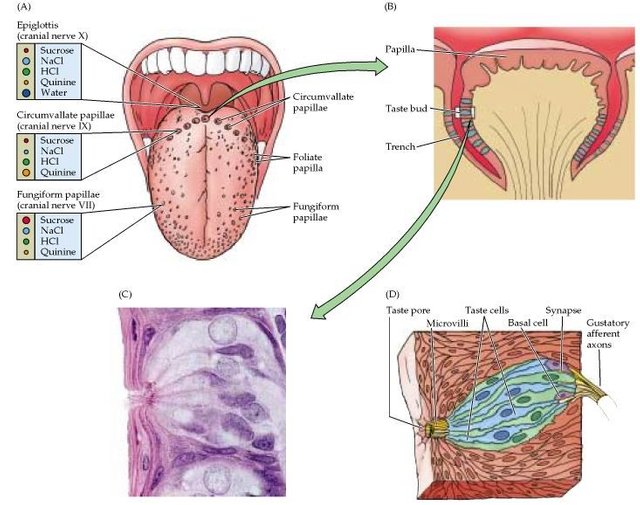
Taste scientists at Senomyx have been able to simulate taste bud function in a laboratory to discover new flavors that intensify the taste of foods and beverages and flavor boosters. They were able to ascertain that Sweet Sensing taste buds are not only distributed on the tip of the tongue as taught in the text books, but are distributed all over the tongue (with major concentration at the tip) and inside the mouth.
The taste buds or receptors sends a signal to the brain that we are eating something sweet.
Sweet but not sucrose
Artificial sweeteners are compounds that invoke same sweet flavor that we get from sugar (full of sucrose), the difference is: ·
- Artificial sweeteners are ~100 times sweeter than sugar and hence are required in very small quantities
- They are quickly solvable – they spread rapidly over the tongue and cover the taste receptors first
- Low calorie count – because they are used in tiny quantities or they are not digested by human body, they just pass through
Types of artificial sweeteners
Stevia Leaves

Artificial sweeteners could be misnomer for them, as Stevia leaves are “most natural” occurring form of sweet tasting compounds originally found in Brazil and Paraguay (thanks to trade and modern cultivation, they are now available across the globe).
Stevia is 300 times sweeter than Sugar and is not digested by human bodies. In 2013, Coca cola and its rival Pepsi launched their aerated drinks marketed as Coca Cola Life and Pepsi Next
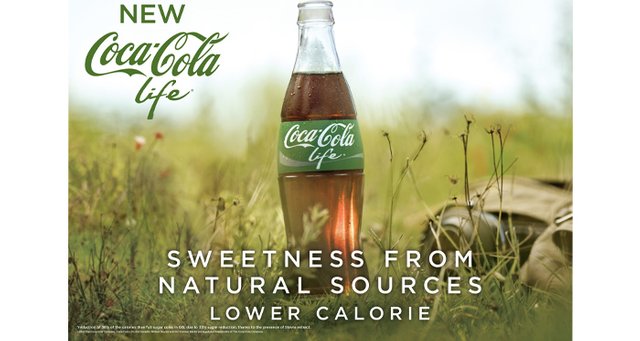
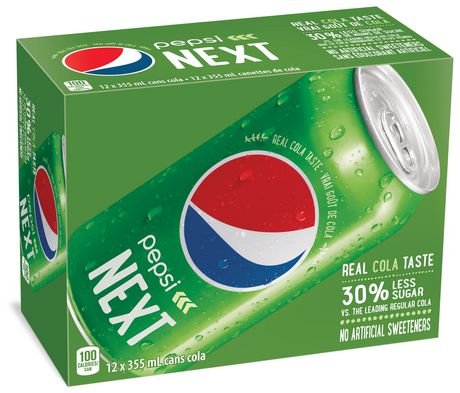
Saccharin

The first ever laboratory made artificial sweetener discovered in 1879. They were extensively used in DIET aerated drinks before they were banned by FDA as cancer causing sweeteners. The ban was later lifted in 1991 but by then all the aerated drinks manufacturers shifted to Aspartame
Aspartame
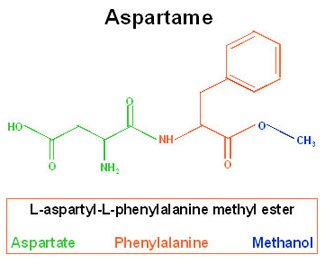
Also known as NutraSweet, is most commonly used artificial sweetener. Coke was first brand to use Aspartame in its most famous product Diet Coke.
Controversies
Well we are not going to delve into the controversies surrounded by use of Artificial Sweeteners, however there are numerous websites that suggest excessive consumption of Artificial Sweeteners can lead to Cancer, Multiple sclerosis, Alzheimer's disease, brain tumors and nervous disorders.
But nothing in this world is perfect, even excessive consumption of water can lead to memory loss.
__________________________________________________________________________
Sources:
https://science.howstuffworks.com/innovation/edible-innovations/artificial-sweetener1.htm http://www.senomyx.com/our-expertise/
_________________________________________________________________________
Please support with your upvotes if you learned something new today
Informative article. Thanks for sharing. I do have one question: Can you please provide a source for your statement that "even excessive consumption of water can lead to memory loss." I'm aware that drinking too much water (without replenishing one's electrolytes proportionally) can lead to hyponatremia, but I had not heard that about memory loss. Thanks! :)
Downvoting a post can decrease pending rewards and make it less visible. Common reasons:
Submit
I read it somewhere that drinking water excessively leads to dilution of sodium (Na) in our brain... Thus loss of memory over longer period of time... Will find the exact source...
Downvoting a post can decrease pending rewards and make it less visible. Common reasons:
Submit
Great article, artificial things have the worst influence on our health
Downvoting a post can decrease pending rewards and make it less visible. Common reasons:
Submit
Thanks, living close to nature is healthy living.. rest is plastic surgery of health..
Downvoting a post can decrease pending rewards and make it less visible. Common reasons:
Submit
@OriginalWorks
Downvoting a post can decrease pending rewards and make it less visible. Common reasons:
Submit
The @OriginalWorks bot has determined this post by @bsameep to be original material and upvoted it!
To call @OriginalWorks, simply reply to any post with @originalworks or !originalworks in your message!
Downvoting a post can decrease pending rewards and make it less visible. Common reasons:
Submit
Found your post interesting to read. I can't wait to see your post soon. Good Luck with the upcoming update.This article is really very interesting and effective. @bsameep
Downvoting a post can decrease pending rewards and make it less visible. Common reasons:
Submit
Thanks.. happy steeming
Downvoting a post can decrease pending rewards and make it less visible. Common reasons:
Submit
This post has received a 5.09 % upvote from @booster thanks to: @bsameep.
Downvoting a post can decrease pending rewards and make it less visible. Common reasons:
Submit
That was a bad business deal.. thanks anyways..
Downvoting a post can decrease pending rewards and make it less visible. Common reasons:
Submit
A portion of my steem, i am gonna invest in Steve(ia)
I know it's forced joke
Happy Steeming
Downvoting a post can decrease pending rewards and make it less visible. Common reasons:
Submit
I was thinking to start farming stevia, looks like I got my first investor :)
Downvoting a post can decrease pending rewards and make it less visible. Common reasons:
Submit
Informative post keep going
Downvoting a post can decrease pending rewards and make it less visible. Common reasons:
Submit
thanks
Downvoting a post can decrease pending rewards and make it less visible. Common reasons:
Submit